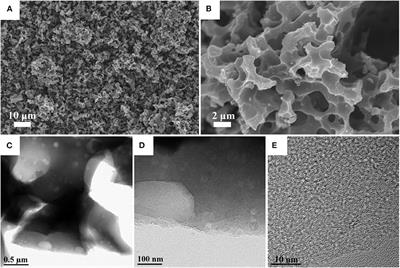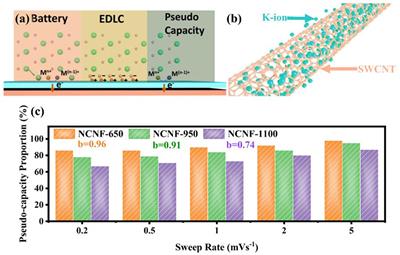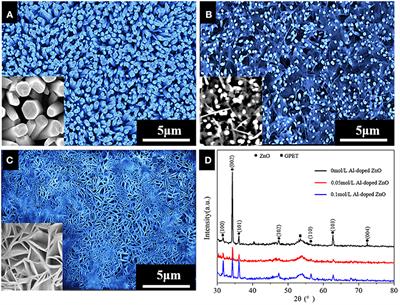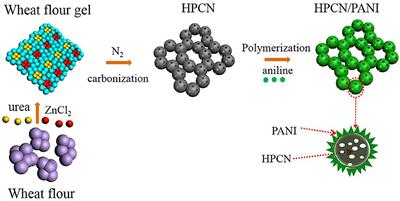ORIGINAL RESEARCH
Published on 20 Feb 2020
Nitrogen and Phosphorus Co-doped Porous Carbon for High-Performance Supercapacitors

doi 10.3389/fchem.2020.00105
- 3,397 views
- 28 citations
22k
Total Downloads
88k
Total Views and Downloads
Select the journal/section where you want your idea to be submitted:
ORIGINAL RESEARCH
Published on 20 Feb 2020

ORIGINAL RESEARCH
Published on 13 Dec 2019

ORIGINAL RESEARCH
Published on 09 Oct 2019

MINI REVIEW
Published on 02 Oct 2019

MINI REVIEW
Published on 01 Oct 2019

ORIGINAL RESEARCH
Published on 04 Sep 2019

ORIGINAL RESEARCH
Published on 04 Sep 2019

CORRECTION
Published on 28 Aug 2019
ORIGINAL RESEARCH
Published on 02 Aug 2019

ORIGINAL RESEARCH
Published on 23 Jul 2019

ORIGINAL RESEARCH
Published on 26 Jun 2019

ORIGINAL RESEARCH
Published on 06 Jun 2019


Frontiers in Materials